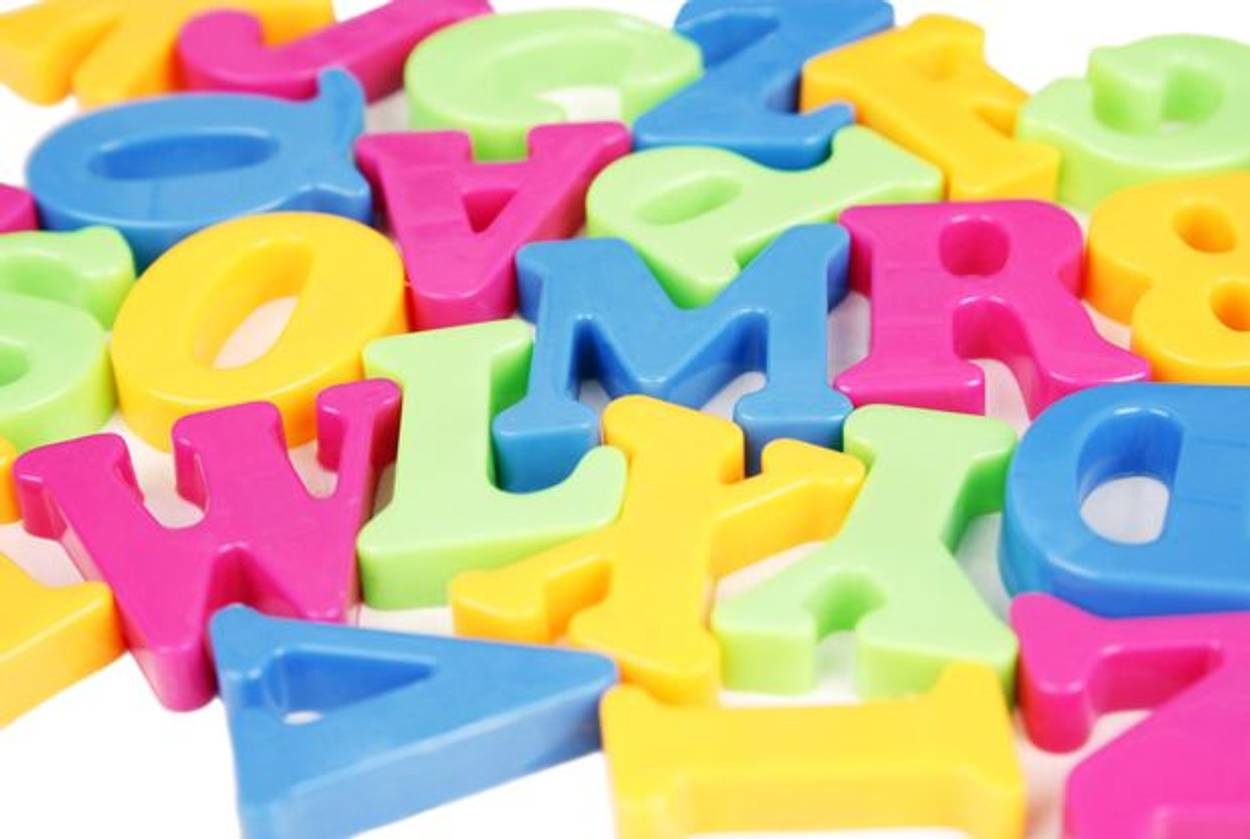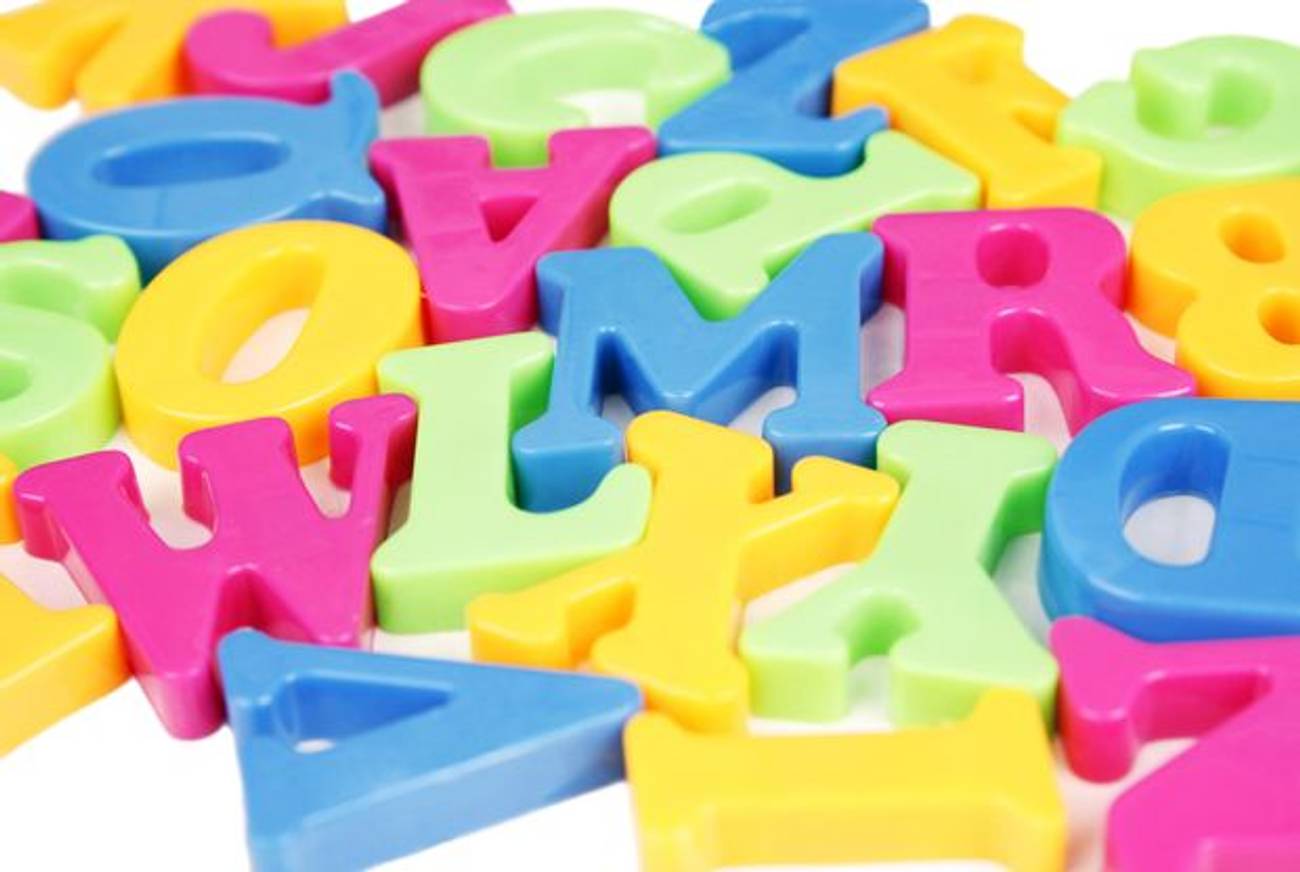My Jewish Son, Peter
Reconciling my son’s Jewish identity with his New Testament name




Last week, Devorah Blachor, a fiction writer living in Jerusalem, wrote on the New York Times’ parenting blog about her initial unease with naming her daughter Mary, as in the Mother of Christ, citing her yeshiva education, which focused on centuries-long Christian persecution of Jews. Commenters were quick to point out that Jesus’ mother was actually a Jewess, but it seems the intelligent readers of the New York Times have missed the point.
Blachor’s experience was not unlike my own when I named my Jewish son Peter. Like Blachor, I was raised Orthodox and, though I had moved away from traditional observance, I found that I had retained weird, inexplicable hang-ups about New Testament names. But my ex’s father died young and was a Jew named Peter, so it was the obvious choice for our son, much to the dismay of my Chabad rabbi father.
True, Saint Peter, like Mary—and like most early Christians—was a Jew, but his ethnic make-up was less relevant than what he symbolized. My father grew up in Antwerp, Belgium, often described as Europe’s only remaining shtetl, where Christianity was so associated with anti-Semitism that it was common practice for religious Jews to spit in the presence of a church (a practice my father thankfully abandoned by the time he moved with my mother to the liberal, East Coast college town where I was raised). The Shabbat table of my childhood was filled with Hasidic folk tales, often involving wicked priests and ruthless Russian peasants (probably named Peter), who endlessly antagonized their devout Jewish neighbors. In school, I was trained to curl the bottoms of my “T”s to avoid drawing a cross.
When my son Peter William was born, I called him “P.”
Unwilling to face my subconscious aversion to Christian symbols, I passively let others define my son’s identity. As a 2-year-old, Peter attended a Russian daycare and learned his first words da, yes, and peet, drink, from babushkas who affectionately called him Petrushka, whom I later learned was a boy-puppet character in Russian folklore who comes to life, Pinocchio-style. When he was three, my son attended an Israeli-owned day camp, where the children sang songs in Hebrew and modified his Hebrew name, Peretz, to Perry (Like Perry Mason or Perry Ellis, I thought).
“I have six names,” my toddler would brag. “Peter, Pete, P., Perry, Peretz, and William.”
I felt conflicted. Did I care that the most famous Peter in history was one of Jesus’ Twelve Apostles? After all, I no longer believed in a higher power, let alone that any one religion was true. Was it Christian symbolism that irked me or was it some latent desire for familial acceptance that prevented me from addressing my son by his given name? In my head, I rattled off all the famous Peters I could think of: Peter Parker, Peter Pan, Peter Luger, Peter Sellers. I downloaded Peter, Paul and Mary songs for good measure. Ultimately, though, it was my gigantic Orthodox family that motivated me to embrace my son’s name.
Family functions, which come around once a year, used to be a great source of anxiety for me. I felt apologetic to my relatives for existing as a Sabbath-desecrating blight on our family’s age-old tradition, which had been protected and passed down lovingly from generation to generation like a family heirloom. I was the break in the proverbial chain that trailed back to Mount Sinai. After Peter was born, my protective maternal instinct kicked in and I vowed that my son would never be burdened by the responsibility or failure to maintain “the chain.” Pressing my family members to accept my Jewish son, Peter, turned into an assertion of my own values, which did not allow others to define for us the correct way to be a Jew.
Last year, my son entered kindergarten as Peter. When I hear his name, I no longer think Jesus or Spiderman or steak houses. I think only of my mischievous red-headed boy, with his impish smile, persistent questions, and enormous brown eyes. When I attend family parties, where I am likely to receive comments about his name, I no longer apologize. Instead, I feel that deep-seated, swelling pride Jewish parents talk about—nachas, if you will.
“You named him what?!” a great-aunt is bound to ask.
“Peter,” I’ll reply. “Like the saint.”
Rachel Silberstein is a writer living in New York.